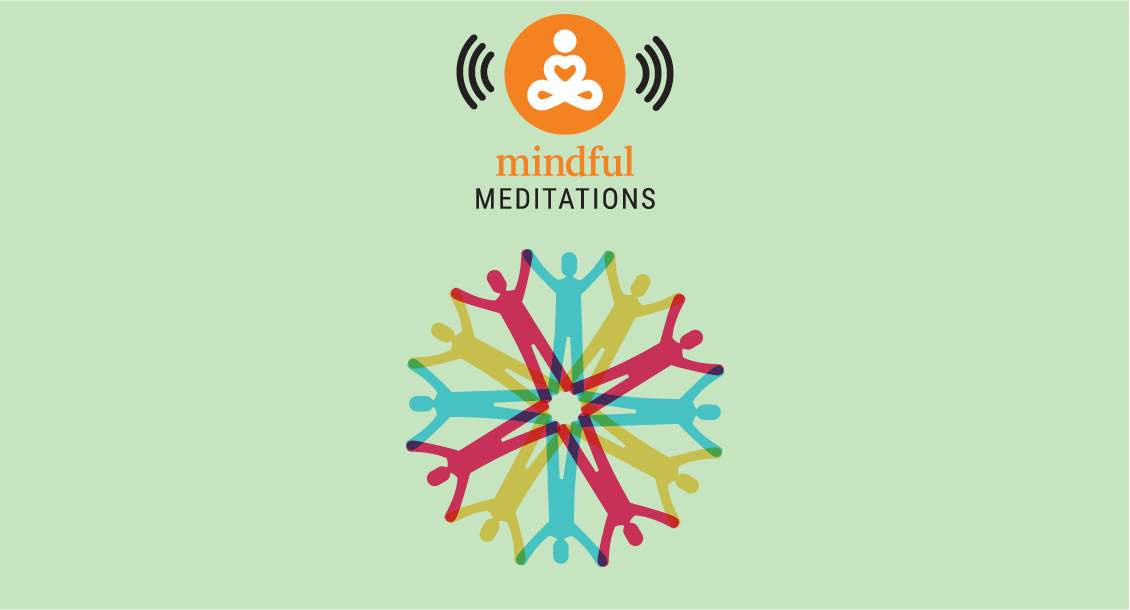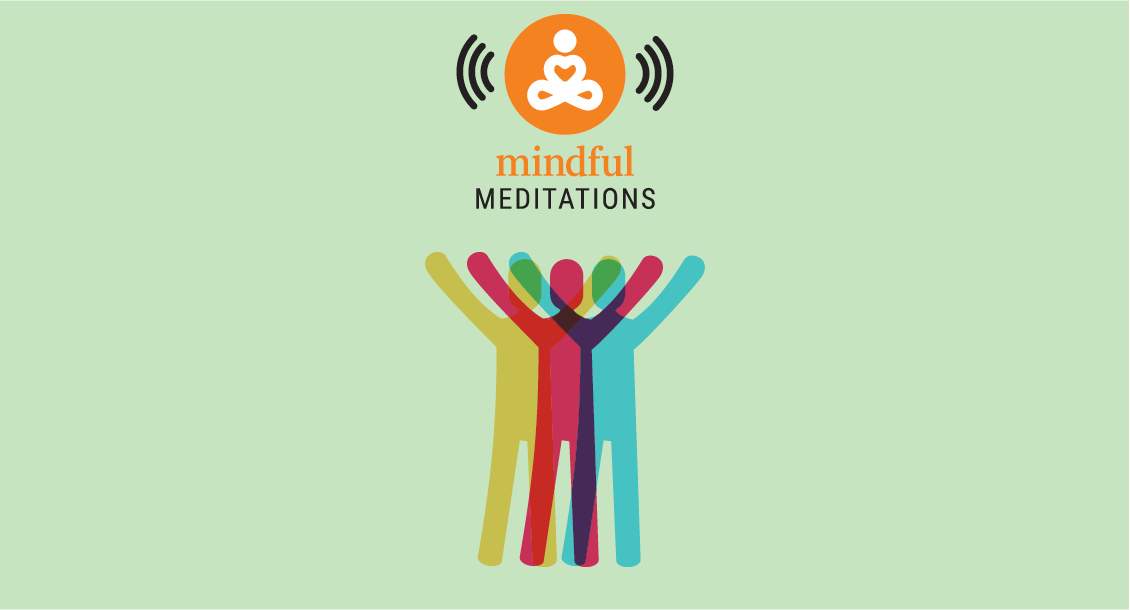My name is Rhonda Magee, and I’m a law professor, and a teacher of mindfulness-based practices for exploring racism, racial bias, and for doing the work of racial justice. I wrote a book titled The Inner Work of Racial Justice, and the four practices that I will offer in this series are based on practices that are available in a more elaborated way in that book. These will be a taste of the kinds of practices that I think, based on my own experience and the years of working with many others, can really deepen our ability to stay with the challenges of engaging with others around issues of race and racism—trying to make at least in that respect, the world a little bit of a better place.
Deepening Awareness of Your Intentions
I’m going to focus on a practice for deepening awareness of your intentions. For doing this work, it’s always good to start with a deeper focus on what motivates us, and what purposes we hope to serve by engaging in our practices. What I would like to offer is a gentle meditation that invites you to select a position, ideally a seated position, but whatever position is most comfortable for you.
Watch the video:
Listen to the audio:
Deepening Awareness of Your Intentions
Read the practice:
- Focus in: Take a few moments just to feel the position of the body in a chair or on the floor. As you bring your attention to the sensations of just sitting, see if you can invite a settling in. In this moment, really bring yourself consciously to this short period of practice.
- Breathe: Start by taking a few breaths, deeper than usual, to allow a reconnection to the sensations of breathing. As you sit, feeling the life energy flowing in and out again, settling into the sense of really belonging here, feel the pull of gravity on the body as you breathe in and out.
- Deepen and focus: Drop in just a little bit more deeply into this moment of practice, and the sense of your belonging right here, right now. This practice is for you, and so the invitation is to invite a gathering of your attention from all the far-flung places. Pulling the attention into the sensations of breathing, and sitting. Letting the mind rest for this moment, picking up on the in-breath, or the out-breath, wherever you happen to find yourself now. Continuing to follow along, just practicing for a few moments, gathering and focusing your attention on the sensations of breathing and sitting. If the mind wanders, gently bring the attention back with kindness and compassion.
- Intentions and advancing the cause of racial justice: Now the invitation is to recall what brings you to the practice of meditation. What intentions are you bringing to your practice? Why is this important to you? We now shift the focus, releasing what came up as you thought generally about your intentions for meditating, now just breathing, and sitting in, and experiencing the peace in this moment. Inviting now an inquiry into what intentions you might bring to exploring the work you can do to advance the cause of racial justice. Exploring your own biases, seeing how you might contribute to minimizing racism in the world. What intention might support you in that work? Allowing compassion to envelop you as you create spaciousness, breathing in, and breathing out. There’s no right or wrong answer here. This is an opportunity to see what arises for you. Know your own mind, in this moment, around these issues of racism, the work of looking more closely at bias as it operates in your life. Whatever arises, see if you can allow as little judgment as possible. Allow yourself to know what’s in your heart, being, and body as you inquire into your intentions, or examine bias and do the work to end racism.
- Reflect deeper: Now just to invite drilling down a little bit more, I’m going to ask the same question and see if something more arises. Breathing in, breathing out. Releasing what came up just now, and inviting as if for the first time, a response within yourself to this question: What intentions might you bring, or are you bringing, to the work of mindfully examining bias in your life? In your experience, your own biases, and contributing in some way to the work of minimizing the harms of racism, what intentions do you bring? Again, noticing the thoughts, emotions, and sensations, as well as whatever is coming up for you as you reflect on this.
- Summarize with compassion: Perhaps seeing what one or two words, or phrases, really capture some aspect of what is arising in you. As we begin to shift out of this meditation, notice the quality of the heart. If there’s been any challenge for you in this practice, I would invite you to place one hand, or both hands, over the heart. Gently bringing kindness and compassion to your experience of this, and as you think of the one or two words or phrases that you want to remember, see if you can imagine carrying this awareness into a period of a journaling practice where you take a few minutes to write down some of what came up for you in this meditation.
explore session #2
Bringing Awareness to Our Racial Identity
A 12-minute practice to look at your skin and bring mindfulness to that aspect of your embodied self.
Read More




